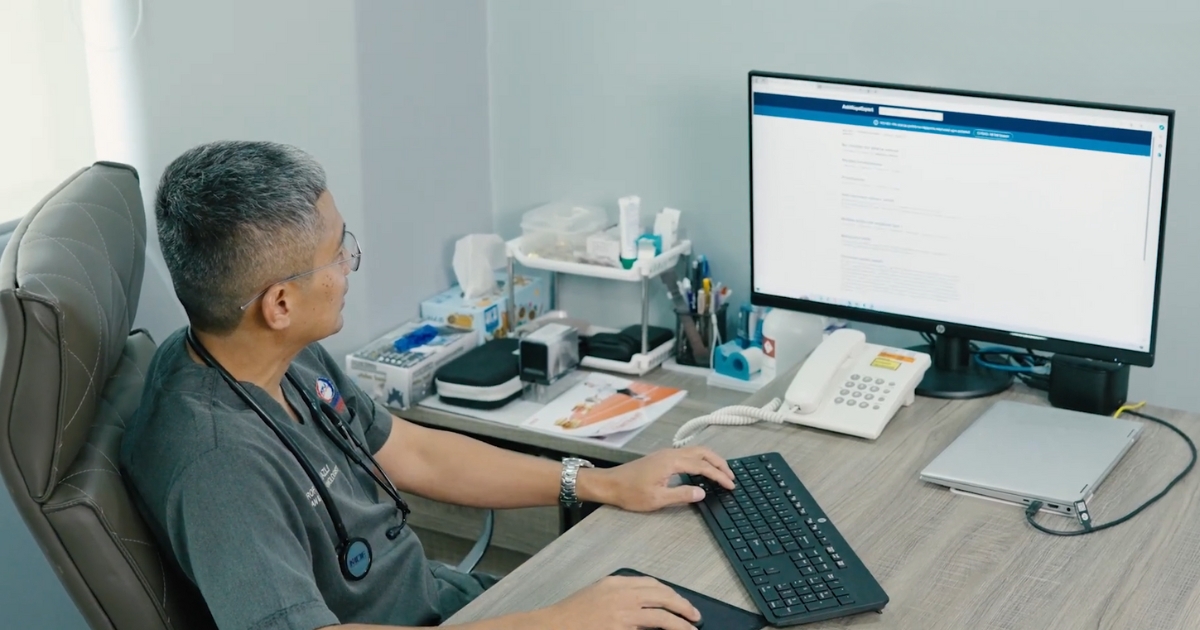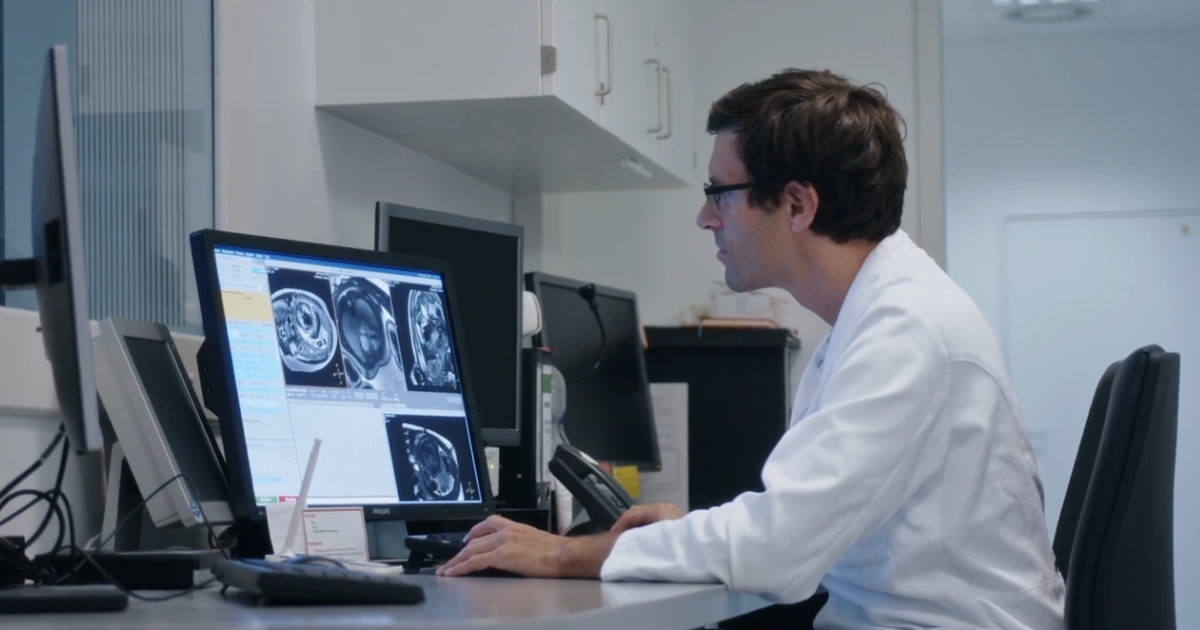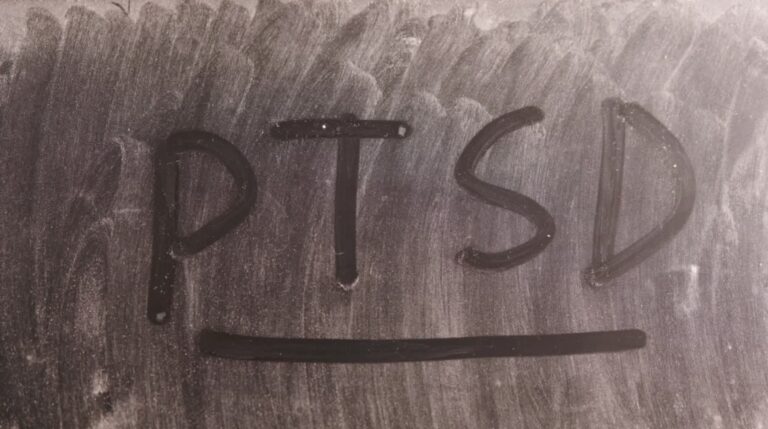The digitalization has taken root in practically all the industry. Only a handful of them are yet to experience an earth-shattering change. One of the first industries that went through massive changes was the health industry. The changes are so massive that it is hard to remember how it used to look just 10 to 15 years ago.
Digital health app developers from Diversido specialize in creating apps for patients, doctors, medical students, and healthcare providers. Their expertise includes medical device integration, mobile and web apps, software solutions, and wireless technology.
With the completion of the highest degree of reform, both patients and doctors can now enjoy the benefits. Among these, Electronic Medical Records (EMR) and Electronic Health Records (EHR) stand out as the most common. Their similarities often lead to confusion among individuals so let’s take a look at their differences.
Key Takeaways
What Is an EHR?
An EHR is short for electronic health record. The easiest way to describe this concept is to say that it is a digital version of the patient’s chart. It must be said that it is shared with all authorized users, like doctors or other health professionals. It is a centralized location where all the most important data is located.
The professional can make a much better decision while having an insight into data of this sort. Another important thing to say is that it is not shared solely within one health organization.
That alone makes it an accessible solution for the gaps that could be created otherwise. When it comes to the data included in this electronic document, we’re talking about data like:
- Medical history
- Diagnoses
- Medications
- Immunization dates
- Laboratory data
- Vital signs
What Are the Benefits?
When it comes to the benefits of EHR, it must be said that its accessibility is the most important one by far. Not only that it lead to a much better treatment, but it also enhances the coordination between the care providers.
Furthermore, it provides the patients with a certain autonomy. They can access their record whenever they want. It also follows the patient whenever he or she goes.
But the whole point of introducing an electronic document of this sort is to remove all the administrative tasks in the care-providing process. We all know just how time-wasting can be in the healthcare industry if not tackled properly.
What Is an EMR?
On the other side, EMR is short for electronic medical record. How does this differ from EHR? The goal of implementing EMR was to eliminate all paper-based records. That way, the care provider will not waste precious time on bureaucracy, and the care can be provided directly to the patient.
The concept consists of several elements:
- Personal information
- Medical history
- Test and report results
- Laboratory data
- Immunization dates
- Medications
What sets this one apart from EHR now that we know the data is similar? Well, the situation is quite simple, EMR cannot be shared with other institutions, which makes it somewhat limiting.
At first, this might not be a problem, but when it comes to the practice, this can mean a world of difference. When we know this, it might be strange why EMR as a concept exists. But there is a reason why, and we will discuss it.
How About Benefits?
The main benefit of EMR is its customizability. What does this mean? Well, it can be changed to fit the organization’s needs, which allows the process to become smooth within the organization.
Besides that, it is a much more cost-effective solution than EHR. Therefore, it is a much better option for smaller organizations that do not need to share their data with others.
Finally, they can be approved only by an authorized individual, which minimizes the chances of a data breach. Security is among the priorities for the healthcare industry, and it is no surprise why many organizations still hold on to this software.
How About the Challenges?
The healthcare industry requires fast action. While the benefits of these two software are overwhelming, printing can be an issue with these two. It can lead to increased printing costs, and increased commitment on behalf of the IT department, and we know their time costs a lot.
The software can store all the data needed, but printing can become a problem. For instance, it is quite a big issue in large systems where there are a lot of patients who will require their data to be presented to doctors.
Not to mention that the security is also an issue. Keeping the data secure is a must, as we know. That is why hospitals need to tackle this issue as soon as possible.
The Best Options at the Market
We’ve already mentioned the issue of overwhelming bureaucracy in the hospitals. Both of these concepts are there to minimize the paper documents. It is not only about preserving nature through reducing paper usage. It also provides the clinic with an option to become more functional by removing all the baggage that will already get replaced at one point.
Naturally, this means that the software clinics are using should be effective in tackling all the issues. The market is massive, and finding the one that will fit your needs and preferences is not always the easiest thing to do. Here are some of the software you can use to resolve this issue efficiently:
- Kareo
- athenahealth
- DrChrono
- CareCloud
- AdvancedMD
Of course, the decision should be made solely by considering the interests of the organization. No solution can fit all the issues in this regard. We can find cases where hospitals or clinics have decided to have their software, which is not present in the market. We can say that this is quite a good solution, but it is certainly costly.
Summary
Both EHR and EMR have their place in the industry, and it is highly unlikely they will go away any time soon. That is why knowing the difference between them is important. Making a mistake of this sort can produce problems, and nobody likes problems, especially when it comes to health-related issues, right?

















